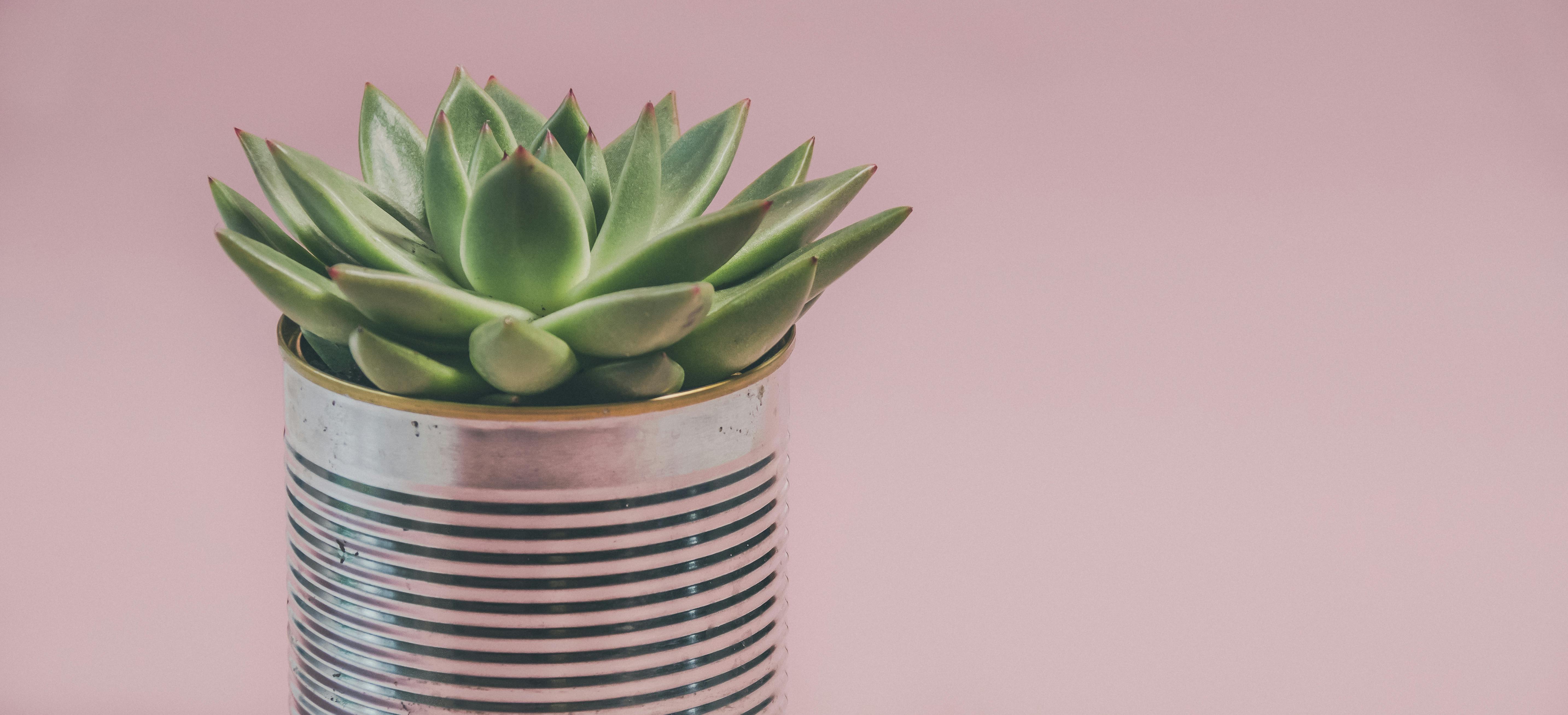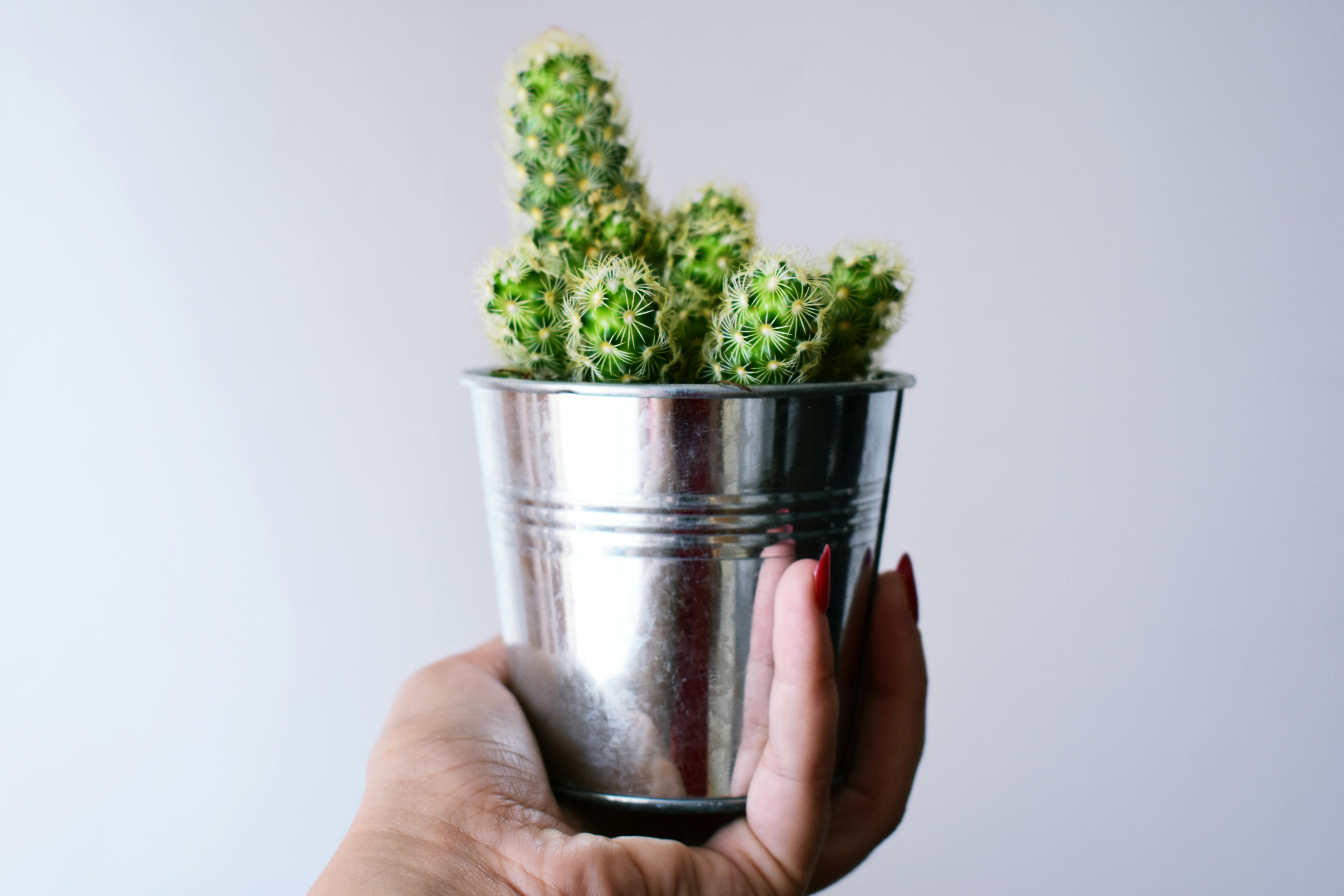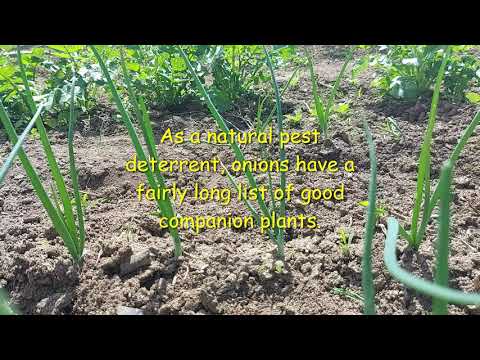Growing onions is a great way to add flavor to any dish, but did you know that they also make a great companion for other vegetables in the garden? Onions are known to deter pests and can help other plants grow better when planted alongside them. By understanding what can be planted with onions, gardeners can make the most of their garden space and create a thriving vegetable patch.When planting onions, companion plants that grow well with them include beets, carrots, chives, lettuce, peppers, and tomatoes. Additionally, planting onions near herbs like basil, oregano, and parsley can help deter pests.
Vegetables That Do Well With Onions
Onions are a popular and versatile ingredient in many recipes. They add flavor, texture, and color to dishes. But what vegetables pair well with onions?
The wonderful thing about onions is that they can be used in combination with almost any other vegetable. Some of the most common vegetables that work well with onions include bell peppers, mushrooms, broccoli, cauliflower, zucchini, squash, potatoes, carrots, and celery.
When cooking with onions and these other vegetables, it’s important to remember that some vegetables will cook faster than others. For example, bell peppers will cook much faster than potatoes or carrots. It’s best to add them at different times so that each vegetable cooks evenly.
Onions also pair particularly well with leafy greens such as spinach or kale. These greens have a mild flavor that is complemented nicely by the sweetness of the onion. When sautéing these vegetables together it’s important to add the onions first as they require more time to cook than the greens do.
Tomatoes are another vegetable that goes great with onions. The sweetness of the onion brings out the natural flavor of the tomatoes making for a delicious combination in any dish.
Garlic is another popular addition when cooking with onions and other vegetables- not only does it add flavor but it also helps to bring out the flavors of other ingredients as well. It pairs particularly well with onions when making soups or stews as its strong aroma adds depth and complexity to these dishes.
In conclusion, there are many vegetables that pair nicely with onions in cooking- from bell peppers to garlic and everything in between! With a little experimentation you can find combinations that work perfectly together for any dish you’re creating in your kitchen!
Best Companion Plants for Onions
Onions are a popular vegetable in the kitchen garden, and they have some great companion plants. These plants can help deter pests, attract beneficial insects, and improve the flavor of your onions. Some of the best companion plants for onions include marigolds, garlic, chives, parsley, carrots, lettuce, and dill.
Marigolds are an excellent choice as companion plants for onions because they can help repel nematodes and other pests. Garlic also has strong pest-repelling properties and it will also help to improve the flavor of your onions. Chives are a great addition to any garden because they attract beneficial insects that will help pollinate your onions. Parsley is another great companion plant for onions because it’s a good source of nectar for bees and other pollinators.
Carrots are particularly good companions for onions because they help repel onion maggots and other pests. Lettuce is another great choice as a companion plant for onions because it provides shade to the onion bulbs which helps keep them cool during hot summer days. Finally, dill is a great companion plant for onions because it helps to attract beneficial insects that will pollinate your onions.
By planting these companion plants alongside your onions you can ensure that your crop remains healthy and productive throughout the growing season. Not only will these plants help deter pests but they’ll also improve the flavor of your onions!
Herbs That Complement Planting Onions
Planting onions in a garden can be an effective way to add flavor and texture to a variety of dishes. However, growing onions can be difficult and requires careful monitoring and attention. To help discourage pests and diseases, it is important to choose companion plants that not only look good but also help the onions grow better. Herbs are an ideal choice for companion planting with onions because they have a strong aroma that can help repel pests. Here are some herbs that complement planting onions:
Chives
Chives are a type of allium, the same family as onions, and they have a light onion-like flavor. Planting chives near onions helps to protect them from aphids, carrot flies, and other pests. Chives also produce nectar that attracts beneficial insects like bees and ladybugs which can help keep other pests away from the garden bed.
Garlic
Garlic has a strong scent that can help repel many pests, making it an ideal companion for onion plants. Garlic also has antifungal properties that can help prevent diseases from affecting the nearby onion plants. Plant garlic cloves close to the onion plants for maximum protection.
Marjoram
Marjoram is another herb with strong aromatic properties that helps keep certain pests away from your garden beds. Marjoram also helps attract beneficial insects like bees which will provide natural pest control for your garden beds. Plant marjoram along the edges of your onion beds or interplant it between rows of onions for maximum protection.
Lavender
Lavender has both antifungal and antibacterial properties which makes it an ideal companion plant for onion plants. The strong aroma of lavender helps deter certain pests from infesting your garden beds while also attracting pollinators like bees and butterflies which will help improve pollination in your vegetable patch. Lavender should be planted in small clusters around your garden bed or grown as a border plant to provide maximum protection for your onion plants.
Overall, herbs are great companion plants for growing onions as they not only look good but also provide natural pest control and help improve pollination in your vegetable patch.
Benefits of Planting Onions With Other Vegetables
Onions are a very popular vegetable that can be found in almost every garden. They are easy to grow, store well and have a wide range of health benefits. Planting onions with other vegetables has many benefits too. Here are some of the advantages of growing onions with other veggies:
First, planting onions with other vegetables can help to repel pests and diseases. Onions release a strong scent which helps to mask the smell of other vegetables, making them less attractive to pests. This also helps to keep diseases from spreading from one plant to another.
Second, when onions are planted close together with other vegetables they can act as a natural fertilizer for them. Onions release nitrogen into the soil which is beneficial for most plants. This helps the soil retain moisture and increases the overall health of the garden’s soil.
Third, planting onions with other vegetables can help to add flavor and nutrition to meals. Onions contain many vitamins and minerals that are beneficial for our bodies. When eaten alongside other vegetables, they can help to boost the overall nutritional value of a dish as well as its taste and aroma.
Finally, planting onions with other vegetables is also an economical way to grow your own food at home. Onions require little maintenance and can be harvested multiple times throughout the season. Growing your own food is an easy way to save money on groceries while still enjoying fresh produce all year round!
Overall, there are many benefits associated with planting onions alongside other vegetables in your garden or vegetable patch. Not only do they help repel pests and diseases but they also act as a natural fertilizer for nearby plants, add flavor and nutrition to meals, and save you money on groceries!

Growing Onions With Other Plants
Growing onions with other plants is a great way to maximize space and make the most of your garden. Onions are a versatile crop that can be grown in a variety of ways, and they go well with many other vegetables. Here are some tips to help you get started:
1. Plant onions in the same bed as other vegetables. Onions do best when planted in full sun, so if possible, choose a spot that gets at least six hours of sunlight each day. Plant the onions in rows that are spaced at least 12 inches apart for good air circulation.
2. Choose companion plants that will benefit from growing near onions. Garlic, chives, and leeks are all good choices because they require similar growing conditions and can help protect the onions from pests and diseases.
3. Plant taller vegetables on the north side of the bed to shade the onions from direct sunlight during hot summer days. Taller plants such as tomatoes or peppers can also provide some protection from strong winds that might otherwise dry out the onion leaves too quickly.
4. Water regularly to keep soil moist but not soggy, especially during dry periods or when temperatures rise above 90 degrees Fahrenheit (32 degrees Celsius). Mulch around onion plants to help retain moisture and keep weeds at bay.
5. Fertilize regularly with an organic fertilizer such as compost or manure tea to ensure that your onions are getting all of the nutrients they need for optimal growth and health.
By following these tips, you can successfully grow onions with other plants in your garden and enjoy a bounty of fresh produce all season long!
How to Maximize Onions’ Growth by Planting Together
Onions are a popular vegetable among gardeners and farmers alike, due to their versatility and easy growth. However, many people struggle to maximize the growth of their onions, or even get them to grow at all. While some of this can be attributed to soil conditions or lack of water, planting onions together can be an effective way to maximize their growth. Here are some tips on how to do this:
First, it is important to choose the right variety of onion for your climate and soil conditions. Different varieties of onion will grow better in different environments, so you should research which variety is best suited for your area. Once you’ve identified the best type, you should buy several bulbs and plant them close together in the same bed.
Next, it is important that the onions are planted at the right depth. Generally speaking, they should be planted two inches deep in well-draining soil. Deeper planting can lead to rot or stunted growth. When planting multiple bulbs together they should be spaced two inches apart from each other.
Finally, make sure that your onions are receiving plenty of sun and water throughout their growing season. Onions prefer full sun exposure for at least six hours a day and need about an inch of water per week during the growing season. Mulching around your onions can help retain moisture in the soil and keep weeds away.
By following these tips on how to maximize onion growth by planting together you will be rewarded with a bountiful harvest come autumn! With proper care and attention your onions should be ready for harvesting in late summer or early fall.
Pairs of Vegetables That Shouldn’t Be Planted Together With Onions
Onions are a versatile vegetable that can be used in a variety of dishes, but there are certain other vegetables that should not be planted together with them. These include beans, garlic, peas, and chives. All of these vegetables have their own unique flavor profiles, and they can interfere with the flavor and growth of onions if they are planted too close together. Beans and peas can compete for nutrients with the onions, while garlic and chives can cross-contaminate the onion crop with their strong flavors. It is best to keep these vegetables at least three feet apart from each other when planting in order to avoid any potential issues.
In addition to the vegetables listed above, tomatoes should also not be planted near onions. Tomatoes are prone to root-knot nematodes, which can spread from the soil around them to nearby onion roots. This can cause stunted growth in both crops and should be avoided by separating them by at least two feet when planting. Cucumbers also need to stay away from onions as they are susceptible to the same root-knot nematode infestation.
Finally, potatoes should never be planted near onions as they both require a lot of moisture and nitrogen from the soil. If these two crops are planted too close together, it can lead to nutrient deficiencies in both plants as they compete for resources in the soil. It is best to keep potatoes at least four feet away from onions when planting in order to avoid any potential issues.

Conclusion
Onions are a versatile vegetable that goes with almost any other plant in the garden. Planting onions with other vegetables can provide the necessary protection from pests, reduce competition for nutrients, and improve soil fertility. While the exact pairing of vegetables will depend on the specific climate and conditions of the garden, some popular combinations include carrots, potatoes, tomatoes, spinach, peppers, and beets.
In addition to vegetables, many herbs can be planted with onions to create a flavorful garden bed. Popular herbs include dill, parsley, chives, oregano, and basil. All of these plants are very easy to grow and will provide a tasty addition to the onion crop.
Overall, there is no shortage of plants that can be grown alongside onions in the garden. Gardeners should experiment with different combinations until they find what works best in their area. With just a little bit of work and trial-and-error, anyone can create a delicious onion patch!

